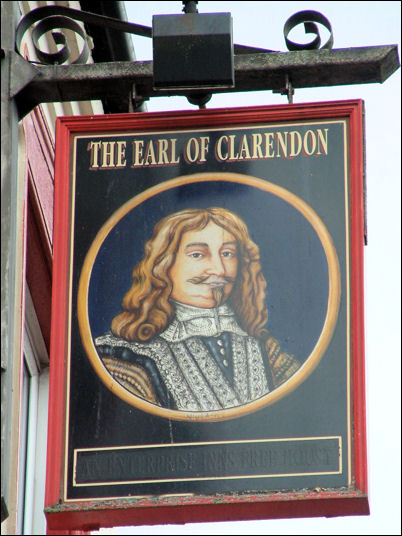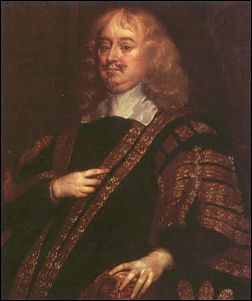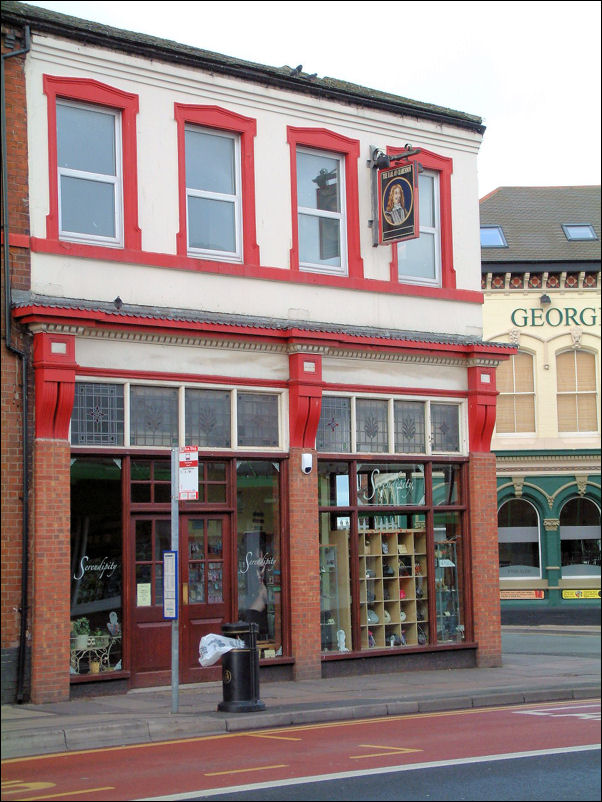|
Earl of
Clarendon, Longton
to.. a gift shop

Earl of Clarendon, The
Strand, Longton
AN ENTERPRISE INNS FREE HOUSE
"The
Longton pub scene may not be dead, but it is a bit green around the gills
The Roebuck and the Earl of
Clarendon were closed..."

Edward Hyde, 1st Earl of Clarendon b.1609 d.1674
The title was created for
the first time in the Peerage of England in 1661 for the statesman Edward
Hyde, 1st Baron Hyde. He was Chancellor of the Exchequer from 1643 to 1646
and Lord Chancellor from 1658 to 1667 and a close political advisor to
Charles II, although he later fell out of favour and was forced into
exile.
Edward Hyde, 1st Earl of Clarendon (18
February 1609 – 9 December 1674) was an English historian and statesman,
and grandfather of two British monarchs, Mary II and Queen Anne.
In 1640 Hyde was returned to the Short Parliament and then again in the
Long Parliament, he was at first a moderate critic of King Charles I, but
gradually moved over towards the royalist side, championing the Church of
England and opposing the execution of the Earl of Strafford, Charles's
primary advisor. Following the Grand Remonstrance of 1641, Hyde became an
informal advisor to the King.
During the Civil War, Hyde served in the King's council as Chancellor of
the Exchequer, and was one of the more moderate figures in the royalist
camp. By 1645 his moderation had alienated him from the King, and he was
made guardian to the Prince of Wales, with whom he fled to Jersey in 1646.
In 1663, the Earl of Clarendon was one of eight Lords Proprietor given
title to a huge tract of land in North America which became the Province
of Carolina. However, he began to fall out of favour with the king, and
the military setbacks of the Second Anglo-Dutch War of 1665 to 1667 led to
his downfall. Clarendon was impeached, in part, for blatant violations of
habeas corpus; sending prisoners out of England to places like Jersey, and
holding them there without benefit of trial. He was impeached by the House
of Commons, and forced to flee to France in November, 1667. Clarendon was
accompanied to France by his private chaplain and ally William Levett,
later Dean of Bristol.
He spent the rest of his life in exile, working on the History of the
Rebellion and Civil Wars in England, his classic account of the English
Civil War. (The proceeds from this book's publication were instrumental in
building the Clarendon Building at Oxford.) He died in Rouen on 9 December
1674. Shortly after his death, his body was returned to England, and he is
buried in Westminster Abbey.
|
![]()
![]()
![]()

